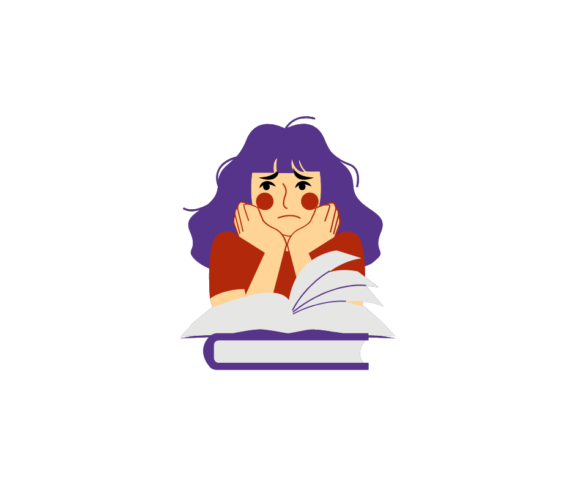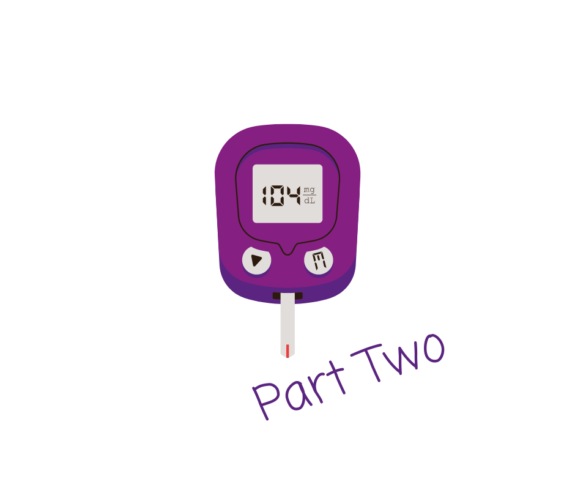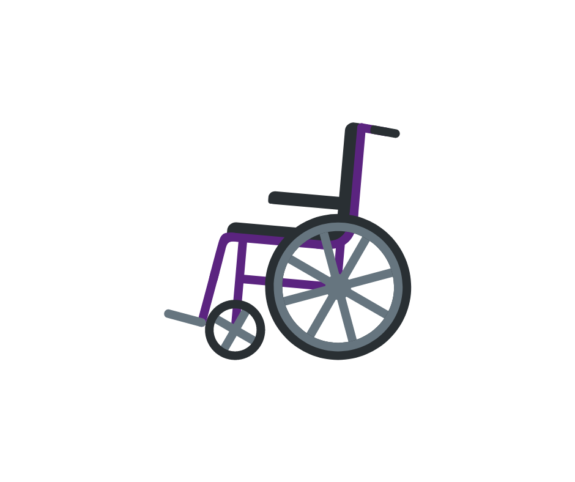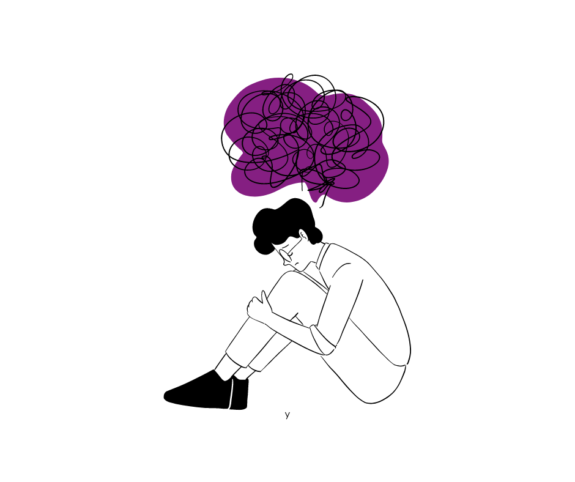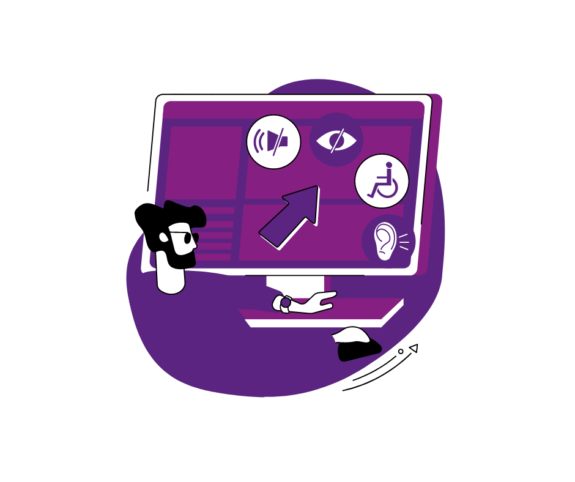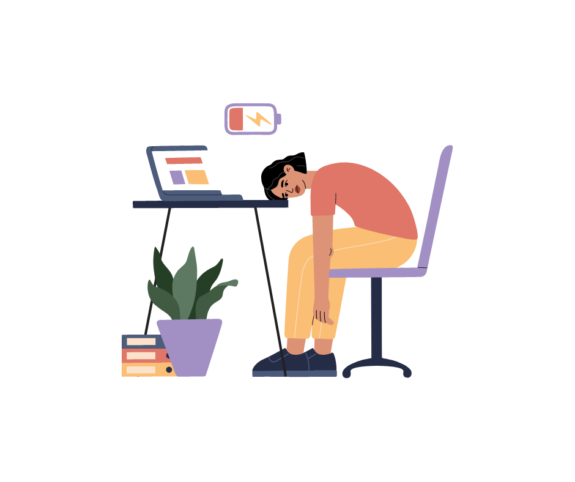The past two years spring to mind as being a primary cause! But stress can be different for different people. For some, it’s simply a reaction to an event. For others, it becomes a natural state of being, to be stuck in that state of nervous anxiety, unable to cope with what life is throwing at them.
It’s estimated that 7% of people in the UK feel stressed every day and one in five people feel stressed for more days in a month than days they don’t. Women reported feeling stressed more than men and nearly half of all adults in the UK reported feeling stressed for five or more days every month. We could argue that this is normal because everyone feels stressed, but at what point does it shift from more than just a mild annoyance to becoming a serious problem?
So what is stress exactly?
There are many definitions of stress but in the end, they all come down to the same thing. You feel stressed when you reach a point where you simply can’t cope with the pressure anymore. The problem is, that point is different for everyone. What one person finds stressful, another may not.
What can cause stress?
Anything can cause stress if there’s enough pressure, it doesn’t have to be a huge life-changing thing. If your partner snores at night meaning you struggle to get enough sleep, then that can be just as stressful as anything else. However, there are many common causes of stress that are more universal:
– Bereavement
– Divorce
– Moving house
– Finances
– Health
– Lack of sleep
– Problems at work (colleagues/workload/boss/commuting)
– Worries about weight
– Family
– The news
– Social media
What are the symptoms of stress?
The physical symptoms can vary from person to person but will generally include:
– Shallow breathing or hyperventilating
– Headaches/Migraines
– Nausea
– Digestive issues (bloating/indigestion/diarrhoea/constipation)
– Aches and pains/Tense muscles
– Heart palpitations
– Sweating
– Fatigue
What are the effects of stress?
The effects of stress can range from the physical to the emotional and can be long lasting if you don’t get help or try to find ways to reduce your stress. They can include feeling:
– Anxious
– Irritable
– Frustrated
– Depressed
– Afraid or sad
– Angry or aggressive
These effects can then cause behavioural changes leading people to become withdrawn, indecisive, inflexible, tearful or short-tempered.
When does stress become a bigger issue?
Stress becomes a major problem when it starts having adverse effects on your health and is considered a disability if it has a long-term effect (twelve months or more) on your day to day activities. Longer-term physical effects can cause issues with sleep (either having disturbed sleep or trouble falling asleep), memory and concentration problems, gastrointestinal issues like IBS, stomach ulcers, eczema and heart problems, all of which can be quite debilitating.
People can also look for stress relief in arguably unhealthy ways by smoking, drinking alcohol or taking drugs, either at all, or more than normal which can cause additional problems.
What can you do to reduce stress?
Some stressful situations have easier solutions than others and it’s important to recognise that. For some, it’s simply a case of reducing the exposure to the problem or working with someone to change the situation but some can’t be changed. What you can do is find ways to help you cope, such as with a bereavement. There’s no way to change that, but learning coping strategies can help.
1. Recognise the problem: Learning to read the physical and emotional signs in yourself is the first step and probably the most important. If you don’t know or accept that there is an issue, then you’ll never be able to change it.
2. Identify the source: Where’s the stress coming from? If it’s not an obvious answer like a bereavement, divorce or health issues, then look deeper. Is it something at work? Is someone in your life causing you to worry? When you know where it’s coming from you can make a plan to combat it.
3. Look at the problem: Take a look at the problem from all angles. Is there anything you can do to change it? If it’s a problem at work, can you talk to your boss? If not, why not? Find someone who you can talk to about whatever the issue is and see if they can offer another perspective.
4. Relax: Yes, we know, easier said than done BUT, if whatever the cause is doesn’t have an easy fix, then you need to do something in the meantime to try and help minimise those physical effects.
-
Meditation/Mindfulness are both useful for listening to your body and lowering your heart rate and blood pressure. Sometimes it’s just the act of taking five minutes to breathe that does it.
-
Eating healthy food Is certainly not a cure-all, but fuelling your body properly can help it work to beat the stress.
-
Try and get some exercise if you can. Even if that’s just a short walk a few times a week. Exercise produces endorphins which can make you feel good.
-
Be kind to yourself. We often talk to ourselves in ways that would horrify us if it was said to another person. You’re doing the best you can.
5. Get professional help: If you find yourself unable to cope and really don’t know where to start, then seek out professional help. There’s no shame in admitting that you don’t know what to do. You could call a helpline, check out some online resources or speak to your GP. They should be able to steer you in the right direction to get the most appropriate help for you.
Stress Awareness Month is aimed at reminding people that excessive stress isn’t meant to be a commonplace thing. We’re naturally going to worry about things, but becoming stressed to the point of illness shouldn’t be ok and really shouldn’t be normalised. The theme this year is community and how having a supportive community around you can make a huge difference to your mental health and your stress levels. That’s one good thing to come out of the pandemic anyway. People really did step up to support one another and it does seem that that sense of “we’re all in it together” has carried on.
If you’d like to know more about Stress Awareness Month, check out the link here from the Stress Management Society.
https://www.stress.org.uk/national-stress-awareness-month/.
You can also take their stress test to find out what your stress levels are like! https://www.stress.org.uk/individual-stress-test/
Resources:
https://www.mentalhealth.org.uk/a-to-z/s/stress
https://www.managingstress.com/definitions-of-stress
https://www.avogel.co.uk/health/stress-anxiety-low-mood/stress/effects/
https://www.mrlender.com/blog/combat-stress/
https://www.nhs.uk/mental-health/feelings-symptoms-behaviours/feelings-and-symptoms/stress/
https://www.gov.uk/when-mental-health-condition-becomes-disability
https://www.hrmagazine.co.uk/content/other/when-should-stress-be-considered-a-disability-at-work
https://www.hse.gov.uk/statistics/causdis/stress.pdf
https://mentalhealth-uk.org/burnout/
https://employeebenefits.co.uk/79-uk-staff-gone-through-burnout/
https://www.ciphr.com/workplace-stress-statistics/
https://www.verywellmind.com/what-coping-strategies-are-effective-3144562
